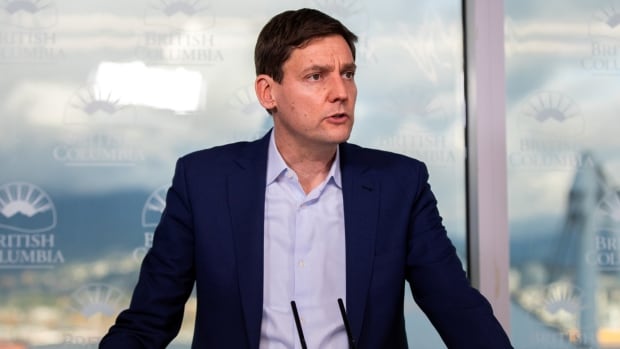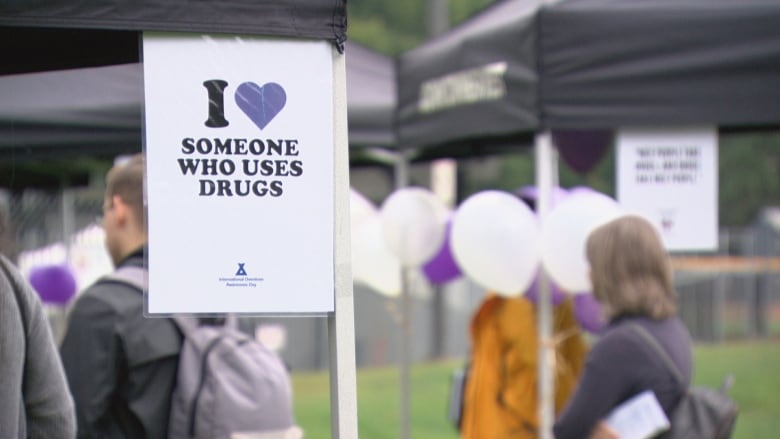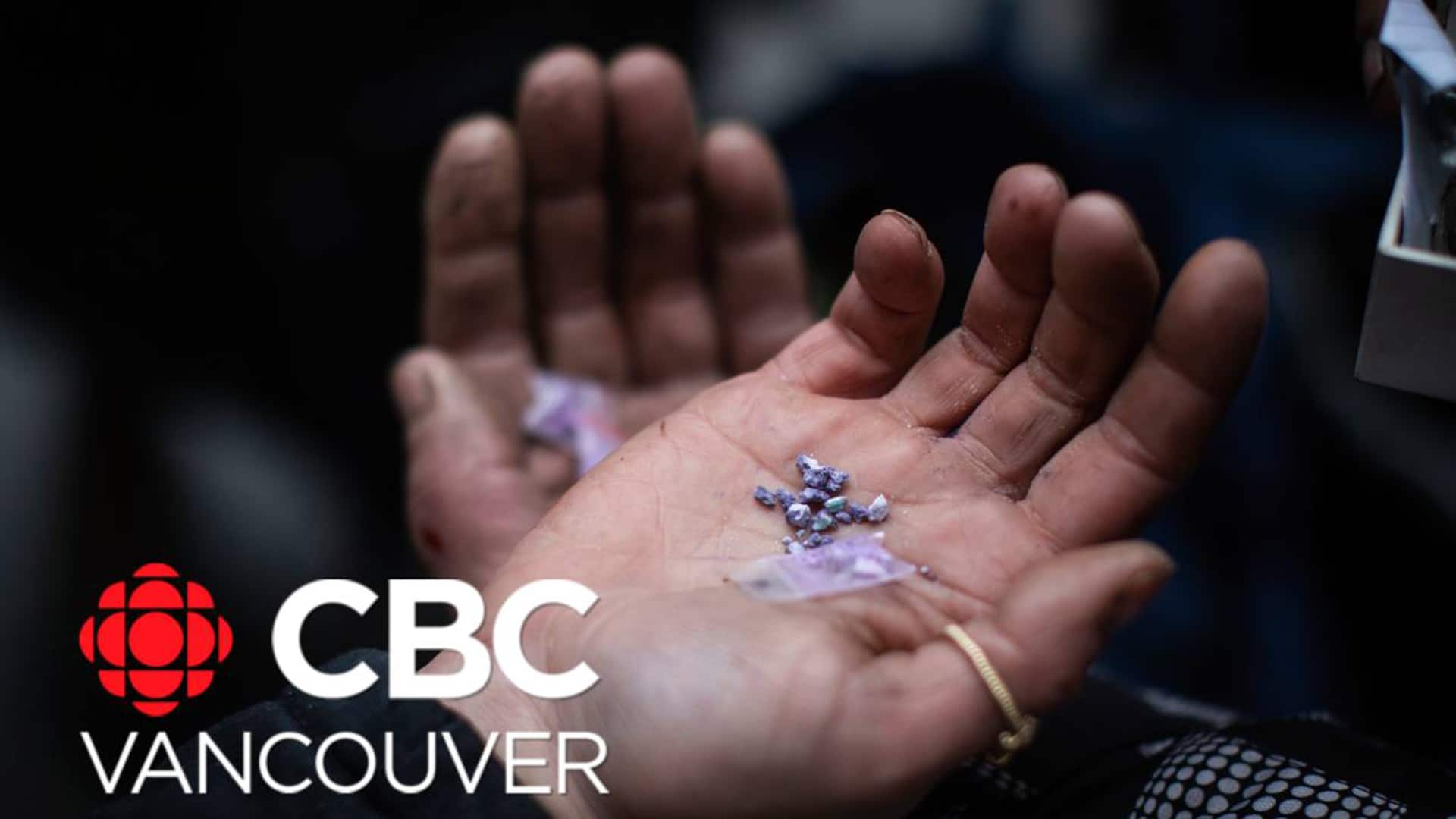
Premier David Eby is due to make an announcement about public drug use in British Columbia.
A news conference has been scheduled for 1:15 p.m. PT. CBC News will cover the conference live on cbc.ca/bc and CBC Gem.
WATCH LIVE | Premier Eby makes announcement on public drug use:
Premier David Eby is holding a press conference to provide an update on the public use of drugs in the province.
In recent weeks, B.C.’s NDP government has been under fire from opposition parties over open drug use connected to the province’s safe-supply pilot — particularly in hospitals where, they allege, health-care professionals are being exposed to illicit drug use without the ability to pushback.
While the government has denied open drug use is allowed in such spaces, it has ordered a review of the policies and tools in place at health-care facilities around the province.
LISTEN | Political panel discusses the pushback against safe supply pilot:
On The Island17:28On The Island Political Panel for April 26 2024
<p>Gregor Craigie convened the political panel.</p>
The decriminalization pilot was introduced in January 2023 and allows adult drug users in B.C. to carry up to 2.5 grams of opioids, cocaine, methamphetamine and ecstasy for personal use without facing criminal charges.
Relying on an exemption granted by Health Canada under the Controlled Drugs and Substances Act, it also allows for open drug use in some public spaces.
The pilot is part of a government response to the public health emergency declared eight years ago due to a rise in deaths from toxic, illicit drugs.
More than 14,000 people have died since the emergency was declared in 2016, largely due to the opioid fentanyl.
By reducing stigma associated with drug use, officials say they hope to provide better access to lifesaving care along with a less deadly safe supply.

But it has come with criticism about a lack of guardrails.
Last week, Vancouver Police Deputy Chief Fiona Wilson testified at a House of Commons health committee hearing about how the pilot is limiting police response to problematic public drug use, including inside hospitals and at bus stops.
“In the wake of decriminalization, there are many of those locations where we have absolutely no authority to address that problematic drug use, because the person appears to be in possession of less than 2.5 grams,” Wilson said.
“So, if you have someone who is with their family at the beach, and there’s a person next to them smoking crack cocaine, it’s not a police matter.”
Last October, the government tabled new legislation in an attempt to ban illegal drug use in many public places.
The bill would have banned the use of illicit drugs within six metres of all building entrances and bus stops; within 15 metres of playgrounds, spray and wading pools, and skate parks; and in parks, beaches and sports fields.
But in December, B.C. Supreme Court Chief Justice Christopher Hinkson ordered the law paused until March 31, ruling it would likely result in more deaths, displacement and criminalization of people who use drugs.
“Irreparable harm will be caused if the act comes into force,” Hinkson wrote in his ruling.
The provincial government appealed the ruling, but it was upheld by the B.C. Court of Appeal.


